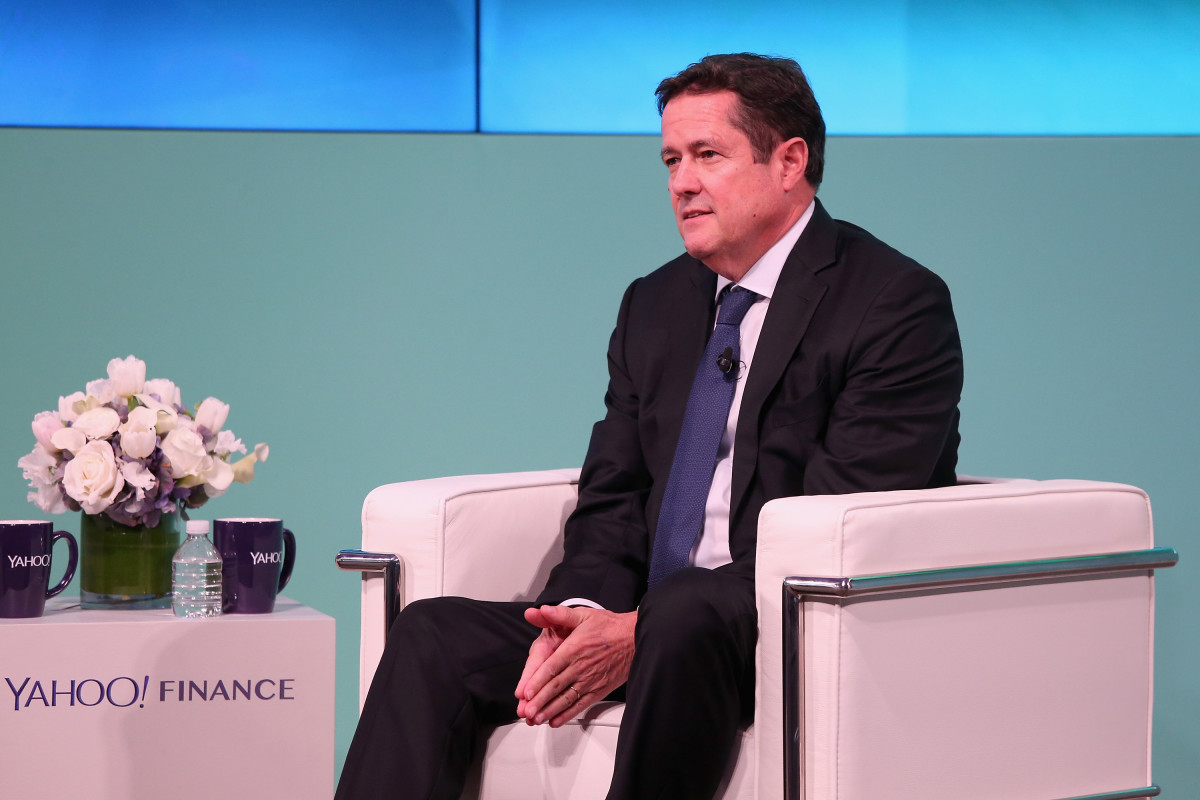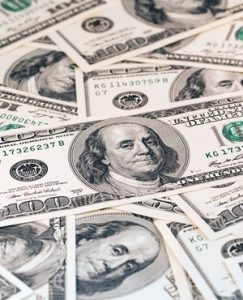(Image via Getty)
The hits keep coming for the biggest of Biglaw firms thanks to the COVID-19 outbreak that’s crippled the U.S. economy. From salary cuts to furloughs to layoffs, there’s no end in sight for what firms are doing to protect their bottom lines and their fates in the legal market.
Today, we have news from Seyfarth, a firm that posted $669,360,000 gross revenue in 2018, earning it the 59th place on the latest Am Law 200 ranking. Seyfarth is taking some cost-cutting measures that seem quite austere. A memo from the firm is available on the next page.
In addition to salary cuts effective May 1 — equity partners will reduce their monthly draws by 20 percent (which started on April 1) while all U.S. lawyers will have their pay reduced by 10 percent and staff will see their pay reduced in levels, with those who earn $60,000 or less unaffected (0 percent on the first $60,000 of earnings; 5 percent on $60,000-$150,000 of earnings; 10 percent on earnings over $150,000) — the firm will be furloughing 10 percent of its U.S. employees for a 90-day period. The firm says those furloughed will be staff and a smaller percentage of attorneys; sources say the firm has furloughed 180 staff and 50 attorneys. Seyfarth will pay the full cost of all furloughed employees’ health coverage during the time they’re away from the firm.
The firm has also canceled its “summer fellow” program, but says it will provide stipends and extend offers to all law students who expected to work at the firm to join Seyfarth as “senior fellows” in fall of 2021, with their official start date as associates pushed back to January 2021.
Here’s a statement from Pete Miller, Chair and Managing Partner of Seyfarth Shaw:
Like most other firms, Seyfarth has elected to take prudent steps to protect our firm’s long-term success. While difficult, we believe these actions will see us through this unprecedented event and safeguard our firm’s future. We already have taken numerous steps to reduce costs that did not impact jobs. And while our financial foundation remains strong, we are implementing these new measures now out of caution. The last two years were among our best ever, and our Q1 financial results were also strong. But after pragmatically assessing the pandemic’s impact on our clients and the broader world economy — and the challenges they foretell for the rest of the year — we had to make several additional tough decisions this week.
While the measures will primarily apply to our US employees, we intend to follow a consistent approach across our international operations. Our hope and goal is to return to normal operations as soon as possible, and our first priority is to bring our people back to work. Our firm has already been tested by the pandemic in extraordinary ways, and I am inspired every day by the many ways that our team members are supporting our clients and each other in this challenging time. That includes doing everything we can to keep the firm headed in the right direction and to protect its future.
On the bright side, Seyfarth has established an Employee Assistance Fund to support all employees, and their families, who have been impacted by COVID-19.
Best of luck to those who have been furloughed by Seyfarth during a pandemic.
If your firm or organization is slashing salaries, closing its doors, or reducing the ranks of its lawyers or staff, whether through open layoffs, stealth layoffs, or voluntary buyouts, please don’t hesitate to let us know. Our vast network of tipsters is part of what makes Above the Law thrive. You can email us or text us (646-820-8477).
If you’d like to sign up for ATL’s Layoff Alerts, please scroll down and enter your email address in the box below this post. If you previously signed up for the layoff alerts, you don’t need to do anything. You’ll receive an email notification within minutes of each layoff, salary cut, or furlough announcement that we publish.
 Staci Zaretsky is a senior editor at Above the Law, where she’s worked since 2011. She’d love to hear from you, so please feel free to email her with any tips, questions, comments, or critiques. You can follow her on Twitter or connect with her on LinkedIn.
Staci Zaretsky is a senior editor at Above the Law, where she’s worked since 2011. She’d love to hear from you, so please feel free to email her with any tips, questions, comments, or critiques. You can follow her on Twitter or connect with her on LinkedIn.









 Jordan Rothman is a partner of
Jordan Rothman is a partner of 




 Kathryn Rubino is a Senior Editor at Above the Law, and host of
Kathryn Rubino is a Senior Editor at Above the Law, and host of